North West Rental Market | Photos and summary
Place North West’s North West Rental Market event attracted a packed crowd in Manchester. Sponsored by ClearFibre, Weightmans, Yardi, Placefirst, and Cole Waterhouse, the debate took place at the Science and Industry Museum on 4 May.
Place senior reporter and the event’s chair Dan Whelan wanted to take the temperature of the rental market. Reports say rents are up 20% and investor interest is strong, but he questioned whether this could lead to developers falling into complacency.
Scroll down to see photos and slides from the event.
One decade on
Melissa Wilson, assistant director at Deloitte, said it has been 10 years since the build-to-rent product first came to the market in Manchester. She added: “It remains a resilient sector. Occupancy levels are high.”
She also showed how far Manchester is ahead of rival cities Leeds and Birmingham. Stats say there are 10,988 units under construction here, compared to 2,101 and 4,607 respectively, while the number of units already delivered in Manchester has reached 17,244.
“They [Leeds and Birmingham] are just not at the same level as here but the sector is doing a lot of work to drive up those figures,” she said.
Attractive proposition
Wilson also said BTR is now a crucial part of the housing mix, beyond just student accommodation: “Manchester needs to keep its talented young people and attract people from elsewhere. Build-to-rent is fundamental to decision-making. Can we house larger intakes? What is the housing supply that will be attractive to people in their twenties and early thirties?”
But she warned that there were financial pressures for developers and residents alike: “There are economic challenges in terms of delivering schemes, but also due to the cost of living crisis.”
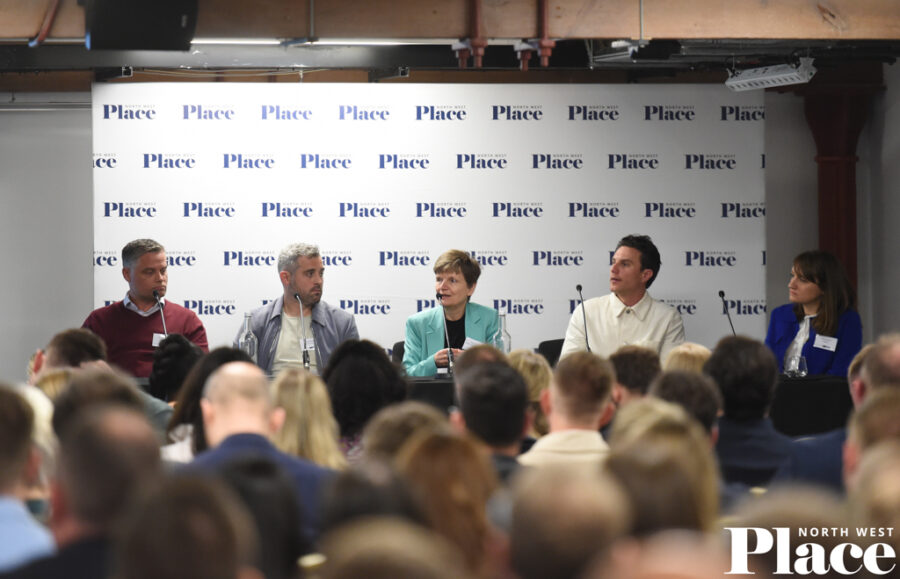
From left: Urbanbubble’s Michael Howard, Cole Waterhouse’s Simon Gallanders, British Property Foundation’s Melanie Leech, Native Residential’s Dougie Orton-Wade, and Deloitte’s Melissa Wilson. Credit: PNW
The importance of ESG
Environmental, social, and governance standards were a topic that recurred throughout the morning. In her solo presentation, Wilson described it as a “mindset shift that is going faster than we realise”.
In the second panel discussion, Shannon Conway, residential director at Glenbrook Property, said her interactions with university students said they already expected this to be in place. Conway added: “They all choose lifestyle over ESG – the ESG point is assumptive for them.”
Back in the first panel session, Michael Howard, managing director of Urbanbubble, said: “In most institutions, ESG is number one but I don’t think anyone has got this nailed yet to satisfy customers and to satisfy clients.”
With regard to energy consumption and leakage, Dougie Orton-Wade, North West hub chair of UKAA and head of operations at Native Residential, said: “It’s important to invest in good kit that can monitor this really well.”
Simon Gallanders, managing director of residential at Cole Waterhouse, agreed: “It’s a thing to embrace. Lower grade stock will be down valued.”
Better branding
Could branding BTR properties encourage those moving from place to place to choose a brand they love, in the same way they do hotels?
Orton-Wade thought there wasn’t enough evidence yet but also said: “We are selling a lifestyle. You can attract higher rents and get a longer tenancy length because people have bought into that lifestyle.”
Howard added: “I don’t think the scale is there at the moment.”
Referring to Eda, one of his company’s projects in Salford Quays, Gallanders said everyone had had their fill of hoardings with the ‘luxury apartments coming soon’ message and added: “We are trying to make it more personal and responding to the fact it is designed to be a community.”
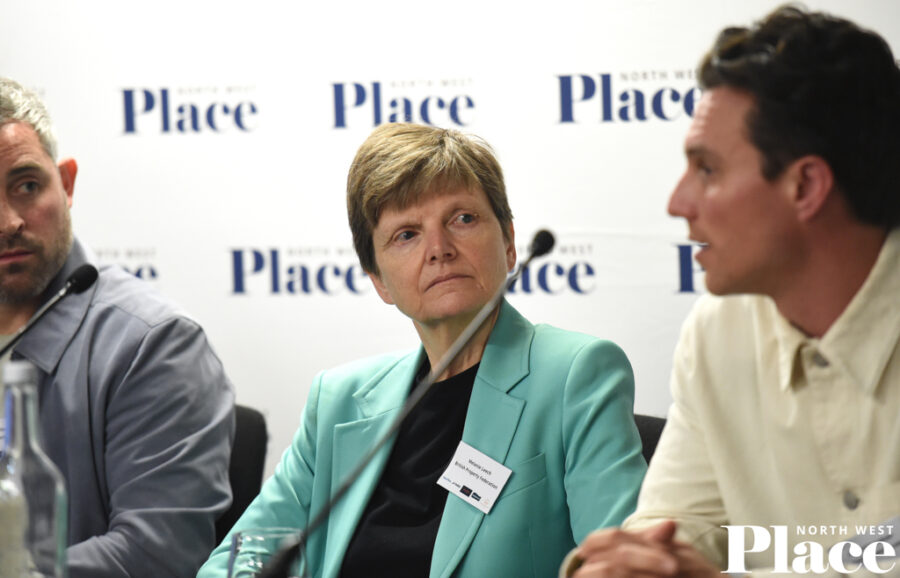
From left: Cole Waterhouse’s Simon Gallanders, British Property Foundation’s Melanie Leech, and Native Residential’s Dougie Orton-Wade. Credit: PNW
High pricing
Discussing complaints that some people were being priced out of the market, Whelan asked if rent controls would work. There was an emphatic ‘no’ from all the morning’s panelists.
“High rents are a product of lack of supply,” said Melanie Leech, chief executive of the British Property Foundation. “The only long-term answer is to build more homes. Rent controls stifle supply. People have less to choose from and they depress investors’ appetites. We could build more quickly with more support. We need to think of it in the context of regenerating and reinvigorating our town centres.”
Native Residential’s Orton-Wade was asked to justify the rents at Kampus – said to be the most expensive in Manchester. He said: “It’s a challenge. There is competition in the city. It’s a beautiful scheme and we benefit a lot from location. It comes down to creating an experience.”
Urbanbubble’s Howard responded to a question about affordable homes and whether it should be incumbent on developers to deliver: “We are just not building any social council-type housing. We’ve had 15 housing ministers in 13 years – that’s one of the biggest problems. Are we really going to fix the affordable housing crisis by having 10% or 20% of rented apartments satisfy affordability? No. It’s about supply, supply, supply. We’ve got keep building.”
Unlocking development
Less than half of local authorities recognise BTR in their policies, Leech said, and added: “One of the challenges is that politicians recognise the value of build-to-rent. We have got politicians talking a bit more about a high-quality, high-performing BTR market that drives the economy.”
Glenbrook’s Conway said: “We need to educate local authorities that build-to-rent is the professionalisation of the sector. It supports the local economy. You look at local authorities that get it – and if they don’t, you don’t go there.”
Cole Waterhouse’s Gallenders said: “Manchester is famed as being open to development. That approach in Birmingham and Leeds would see credible developers coming in.”
And Quentin Keohane, director of Falconer Chester Hall Architects, said of Liverpool: “The council is supportive of high-quality development.”
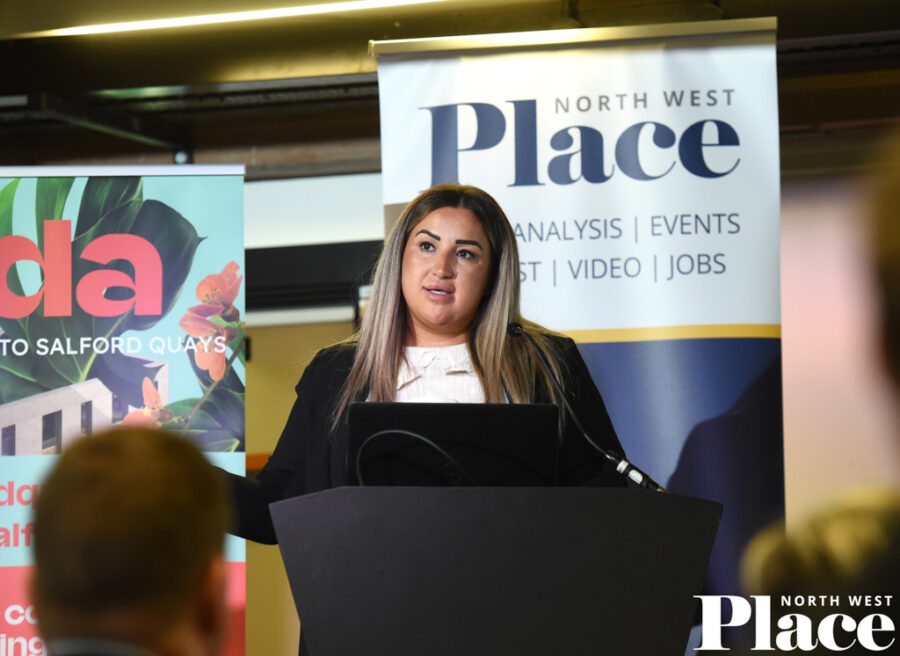
‘The larger the portfolio we have, the more we have the ability to build economies of scale when we are buying products or services in bulk,’ said Yardi’s Megi Cara. Credit: PNW
Scalability matters
“Scalability. This is one of the things we need to consider now and in years to come,” said Megi Cara, solutions consultant for property management software experts Yardi, as she gave the second presentation of the morning.
“The larger the portfolio we have, the more we have the ability to build economies of scale when we are buying products or services in bulk. If we are able to get national contracts on things such as maintenance, cleaning supplies, and so on, we can go on and charge that renter less.
“From the investors’ perspective, they are the enablers of scale. They want to deploy large amounts of capital and doing so across a portfolio enables them to see returns on that investment.”
Tech advances
Cara said: “For the renter, it’s not just about the amenities anymore. It’s about the service that we are giving.
“Tech is used to lessen friction for operational staff and with renters. It’s about getting the touch points to cement the decision that they are going to live with you, and retaining them as well. Renters are your brand ambassadors and can quickly become your detractors too.”
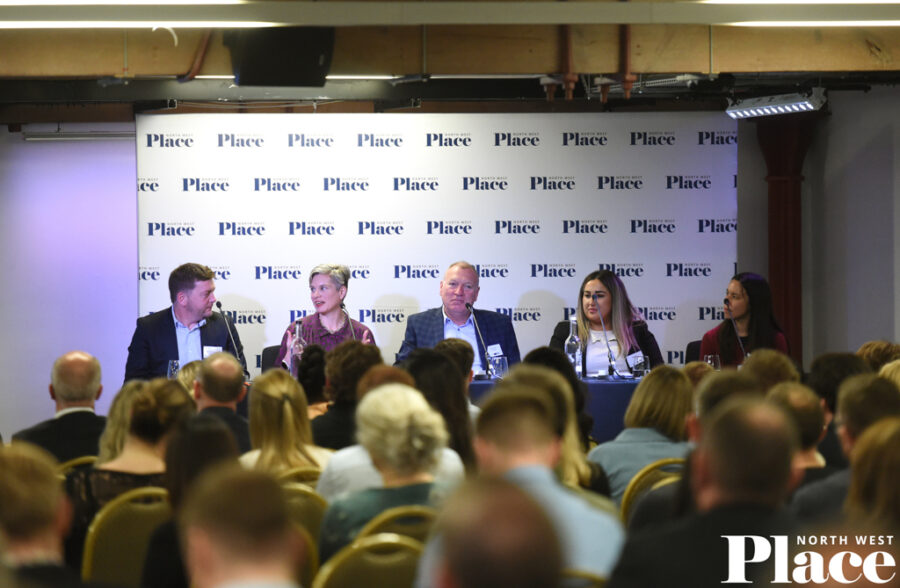
From left: Falconer Chester Hall’s Quentin Keohane, Glenbrook’s Shannon Conway, Placefirst’s David Mawson, Yardi’s Megi Cara, and Conscious Coliving’s Penny Clark. Credit: PNW
Family focus
The second panel was asked about demographics and whether age groups other than young people needed to be more of a consideration for future supply.
David Mawson, chief executive of Placefirst, said: “We are seeing that people renting apartments get to a certain age and say ‘what’s next?’ The demographic is widening. We could fill bungalows 10, 15 times over.”
Co-living concerns
Penny Clark, director of design consultancy Conscious Coliving, was asked why people may be wary of co-living developments. She explained how there were three main strands to the definitions of co-living. One is around spatial design – with their own private space and shared amenities. Another is about the idea of community and the effort put in to generating social interaction. The third concerns the convenience of a managed property, like tech-enabled living.
She added: “There have been some concerns about room size and transience; that this is student housing by the back door. Policy doesn’t take into account industry knowledge and is not based on data from the industry.”
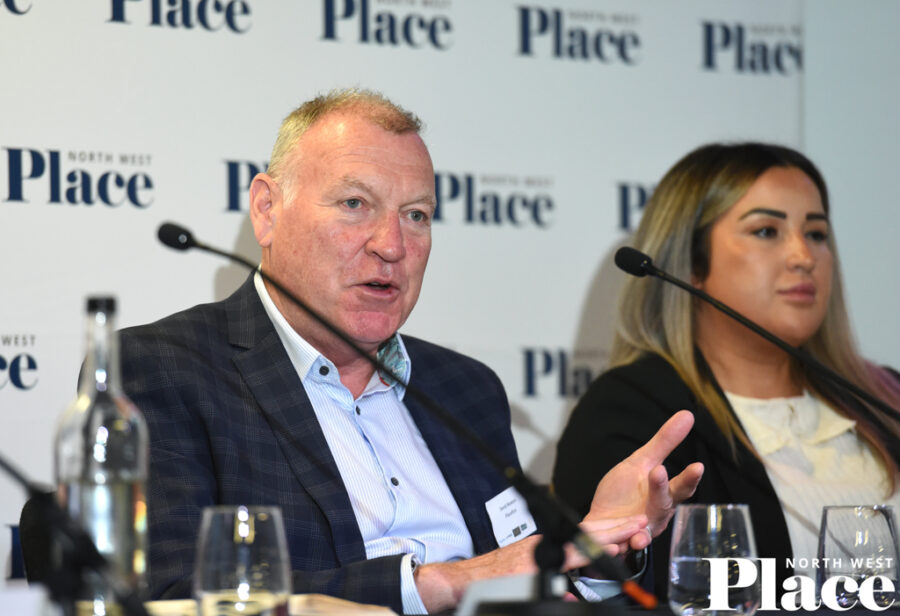
Placefirst’s David Mawson talked about how BTR does not just have to be for individuals – it has opportunity for families as well. Credit: PNW
Family focus
Discussing the suburban BTR single-family option, Mawson said: “The opportunity is enormous. People want to live in high-quality homes which are energy efficient, which build a community and a neighbourhood. We are also seeing people want to move within our neighbourhoods, from two bedrooms to three bedrooms to four, and back down. A good build-to-rent development has got a mix of properties. We need to make sure residents are totally secure in their tenancies and we take feedback from them on our developments.”
He elaborated by talking about the importance of things like connectivity, private gardens, whether the grass is cut on a regular basis, and the first impressions and added: “In every development we look at the lessons learned from the last one.”
Falconer Chester Hall’s Keohane said: “We are getting more enquiries about single family schemes and having good discussions about a mixture of tenures – build for sale as well as build to rent.”
Scandi style
Whelan asked Clark about whether she could envisage shared living, popular in the likes of Scandinavia, ever really taking off in the UK.
She said she was involved in such a scheme in London where a group of people were actively looking for a site, describing a resident-led community of up to 40 households, where they all have their own private space, but eat together a few times a week and share things like childcare. But she said: “It is extremely niche in the UK. There are many barriers, mainly getting together a group of volunteers to try to become property developers.”
She described issues around financing and legal matters and added: “Unless there is more support from government, it is going to stay niche.”
New demands
Keohane said he was seeing growth for middle-of-the-market properties, with slightly fewer amenities and parking and in less prominent locations – like away from the waterfront in Liverpool. He added: “There is a place for high-end, but also middle and budget developments.”
Debating future trends, Clark said there would be more blended models including BTR, co-living, and co-housing built together. Cara said products needed to keep evolving to cater to different markets. Mawson said the focus should always be on the customer and their quality of life, while Glenbrook’s Conway said brand values were key.
The final word came from Keohane who said placemaking was vital: “We have got to make sure developments sit well in their communities.”
Slides
Melissa Wilson, Deloitte
Megi Cara, Yardi
What’s next?
Want to learn more about the PBSA side of things? Don’t miss Place North West’s Education Property and PBSA conference will be held on 25 May in Manchester.
Click on any image to launch the gallery


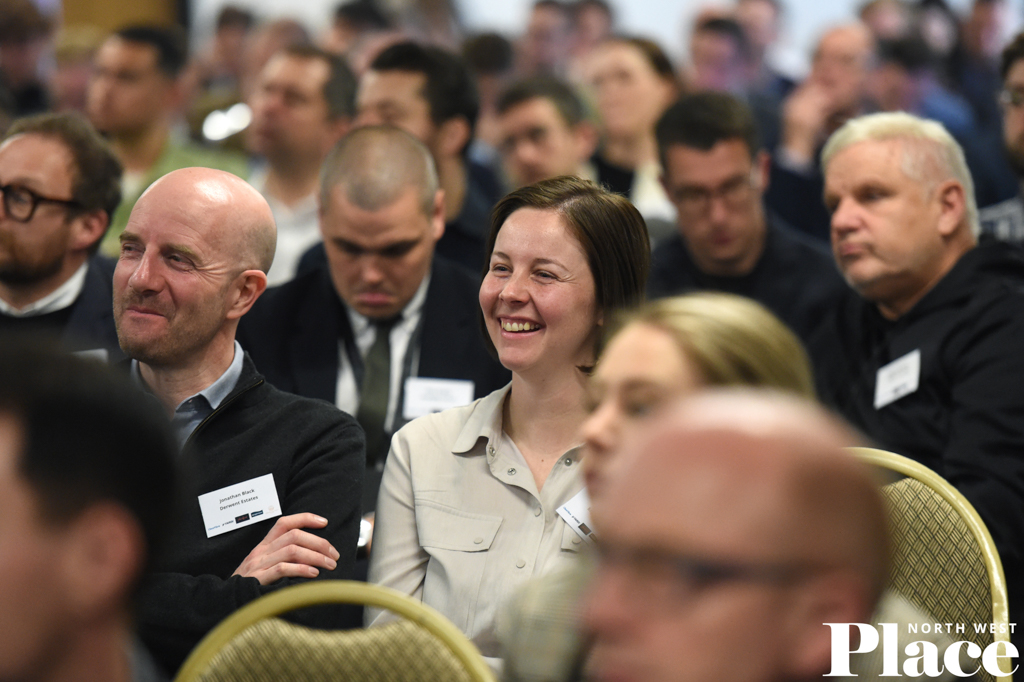

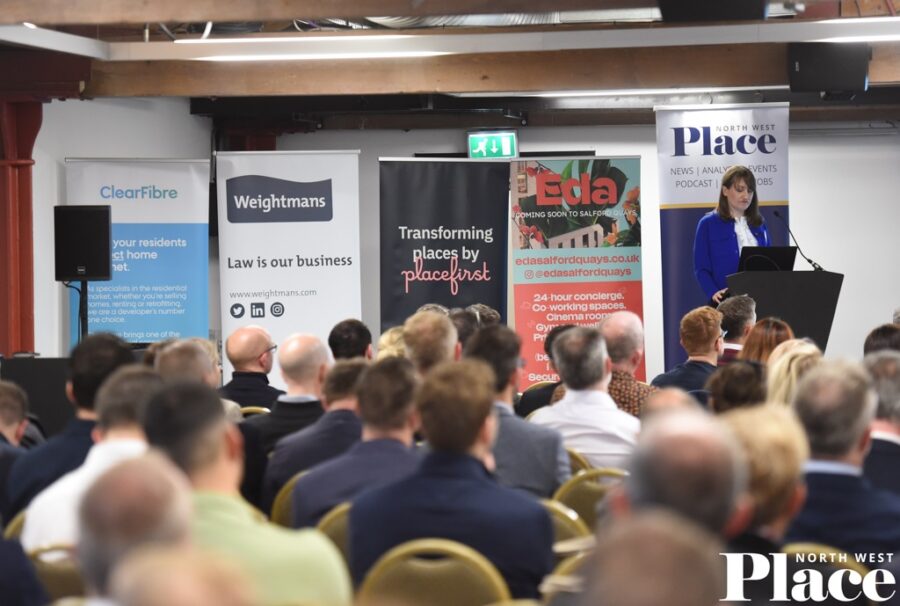
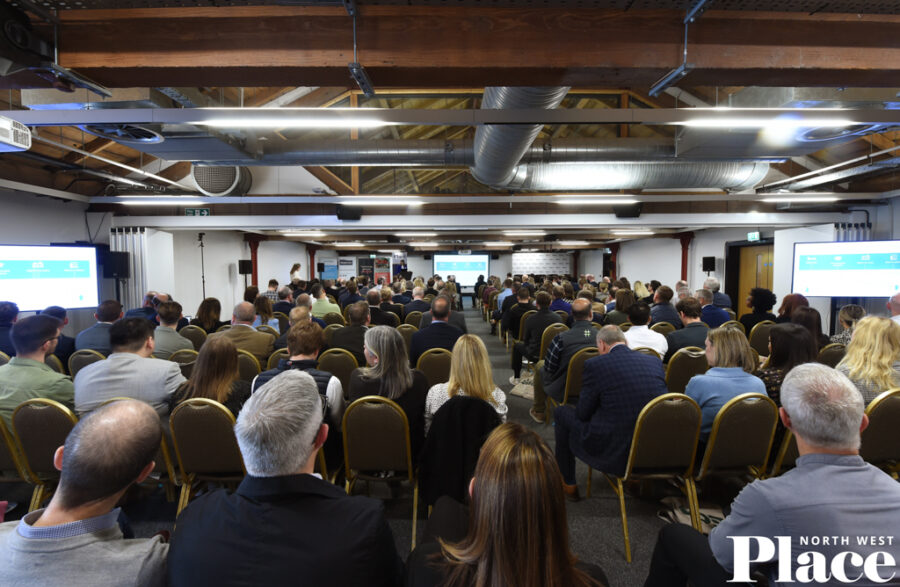
















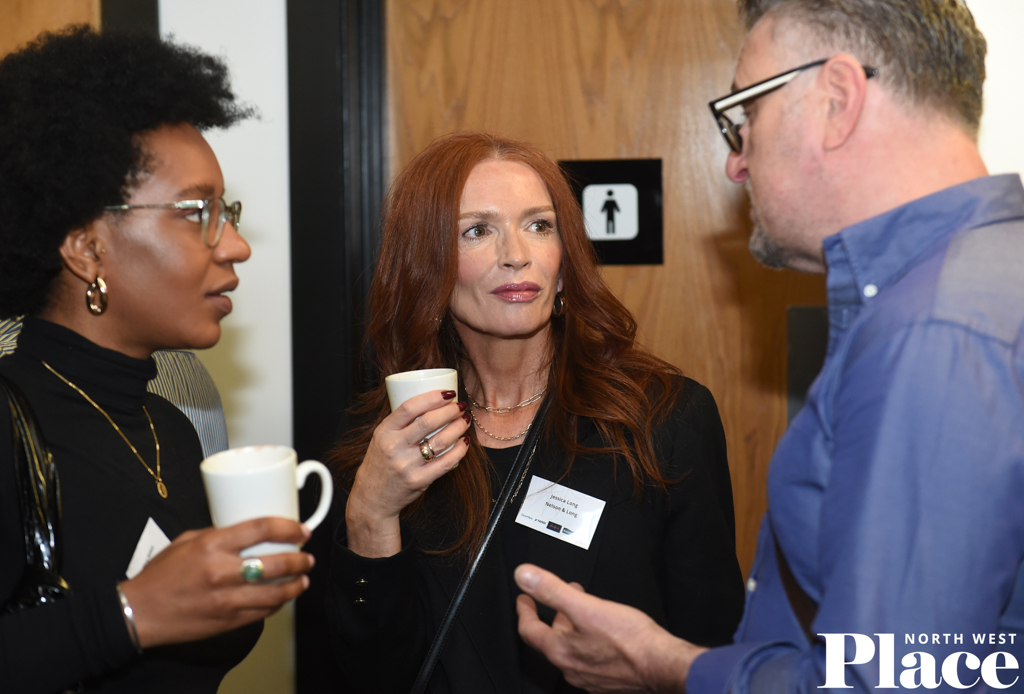
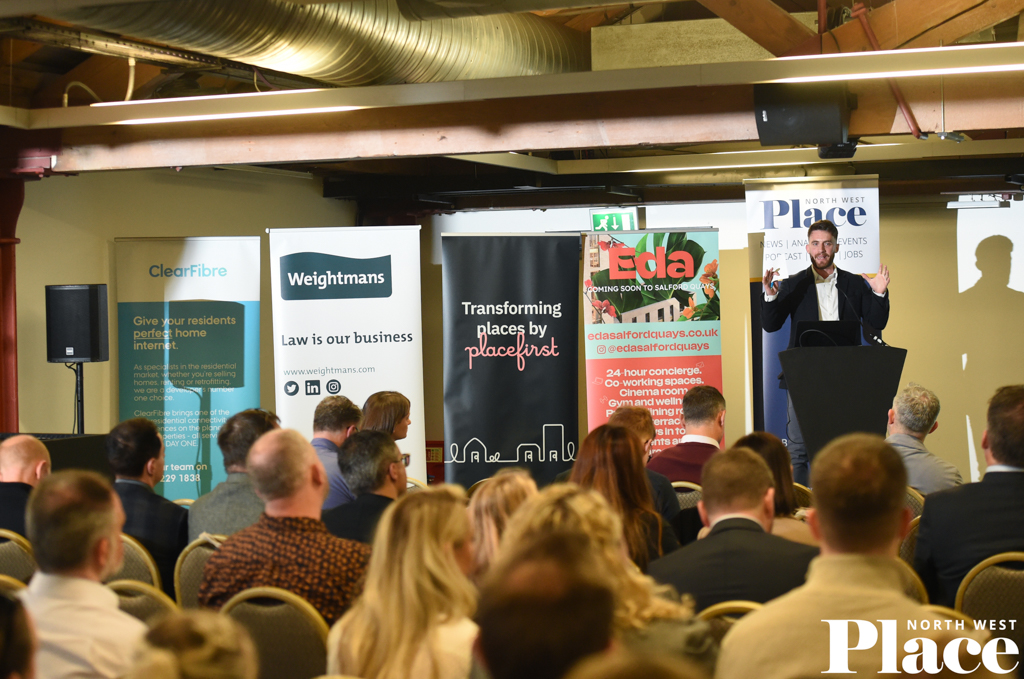
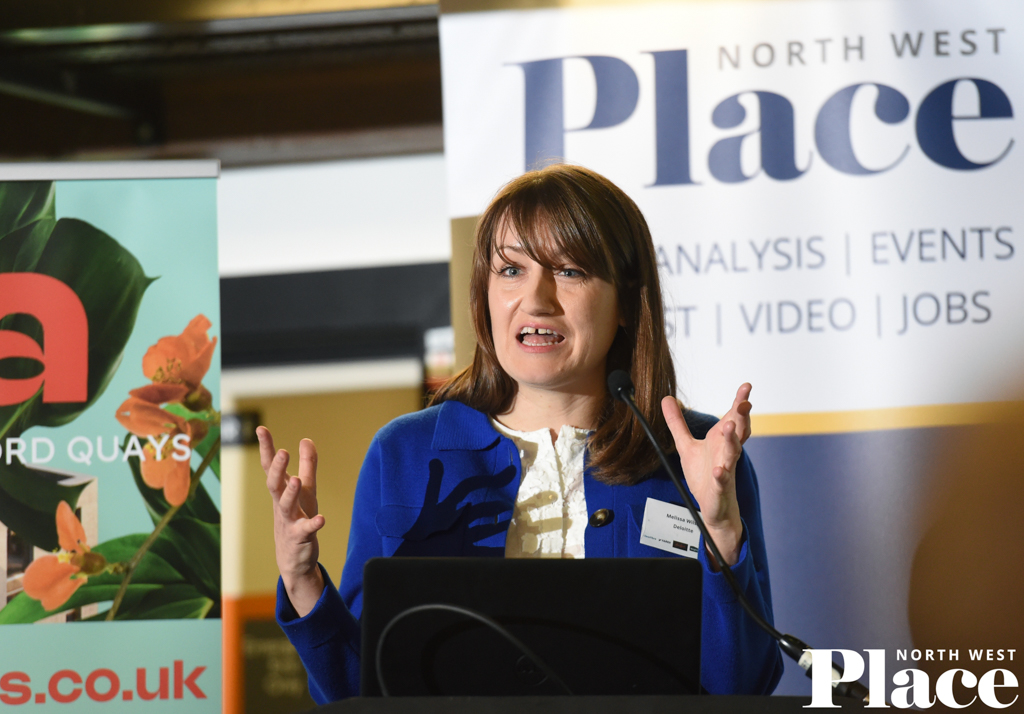
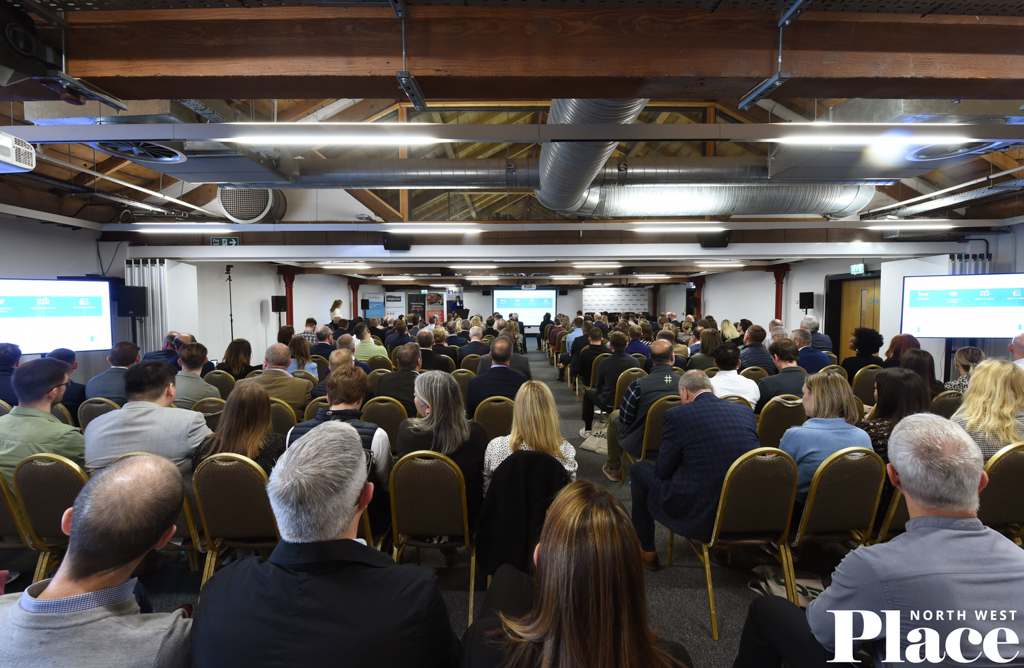

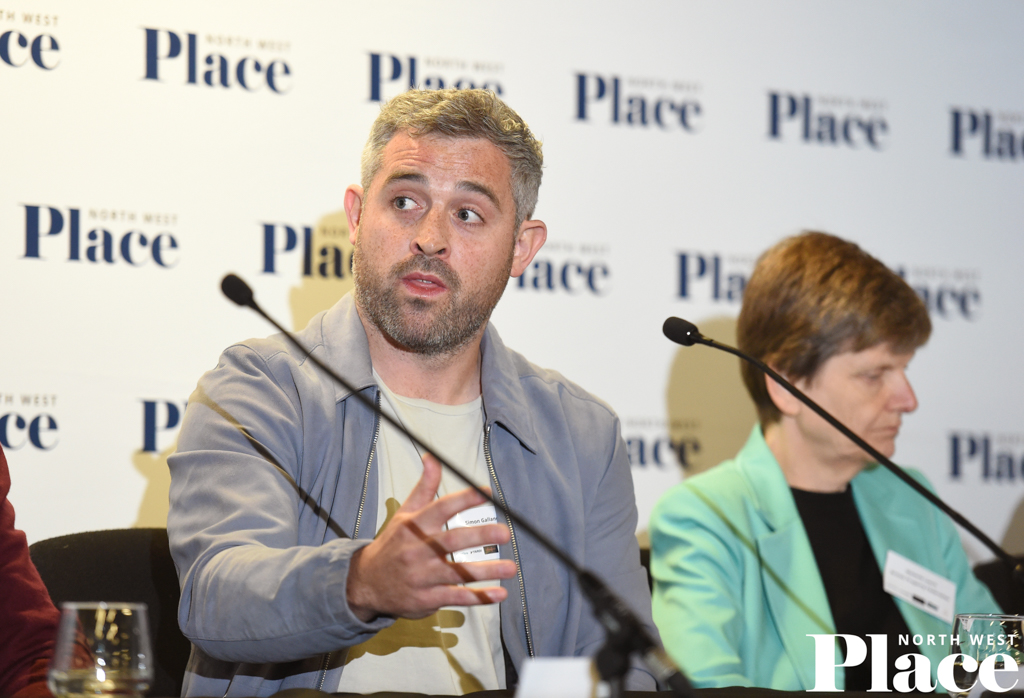
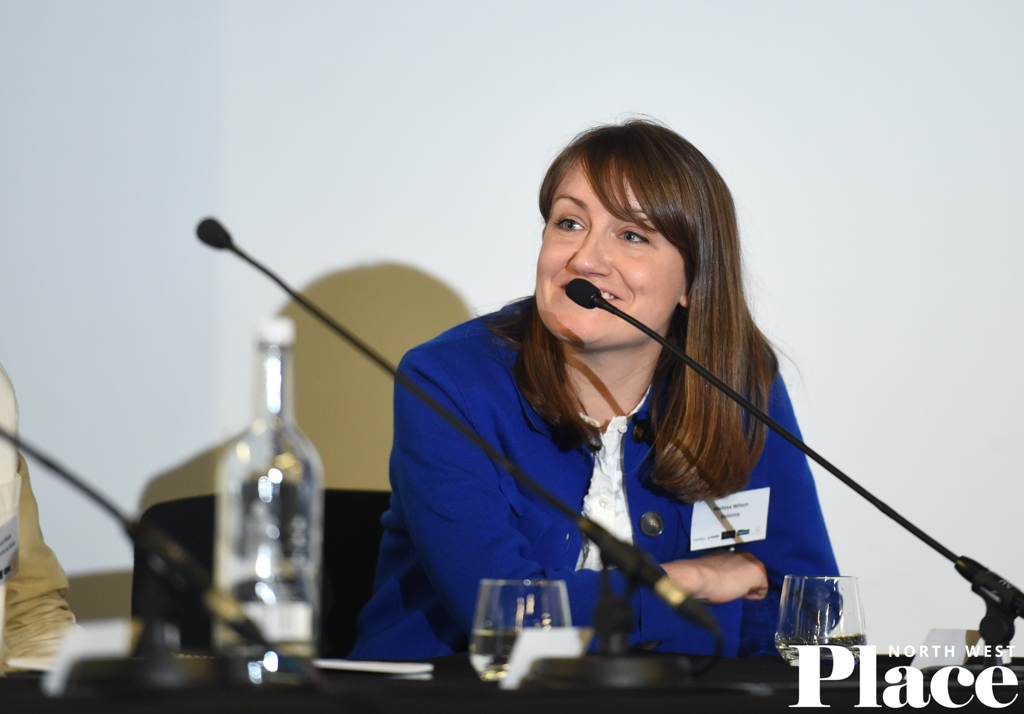
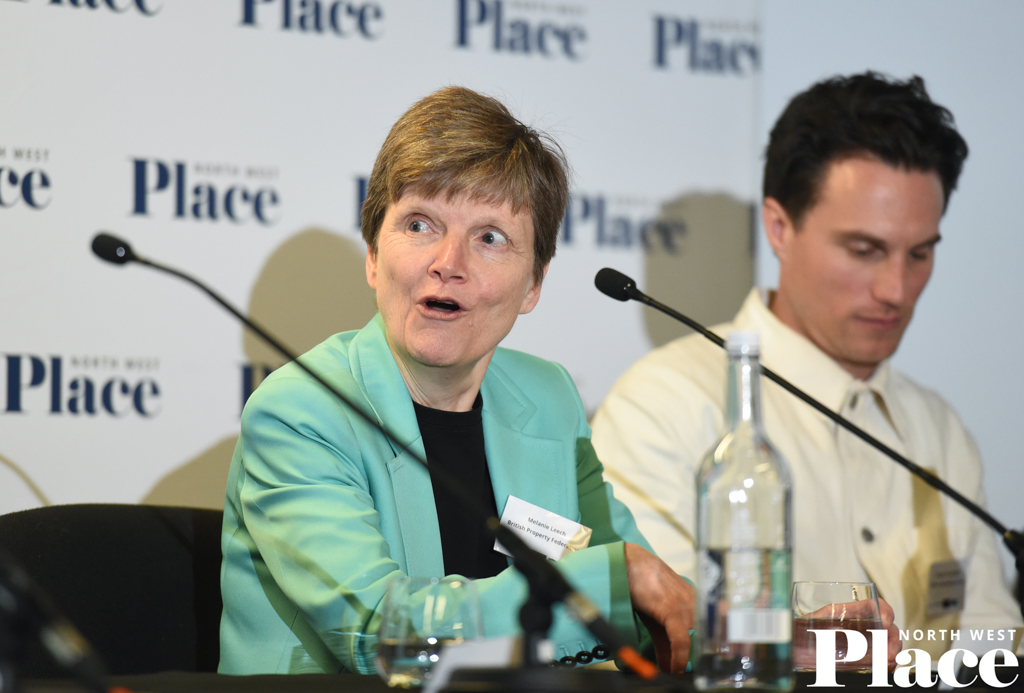
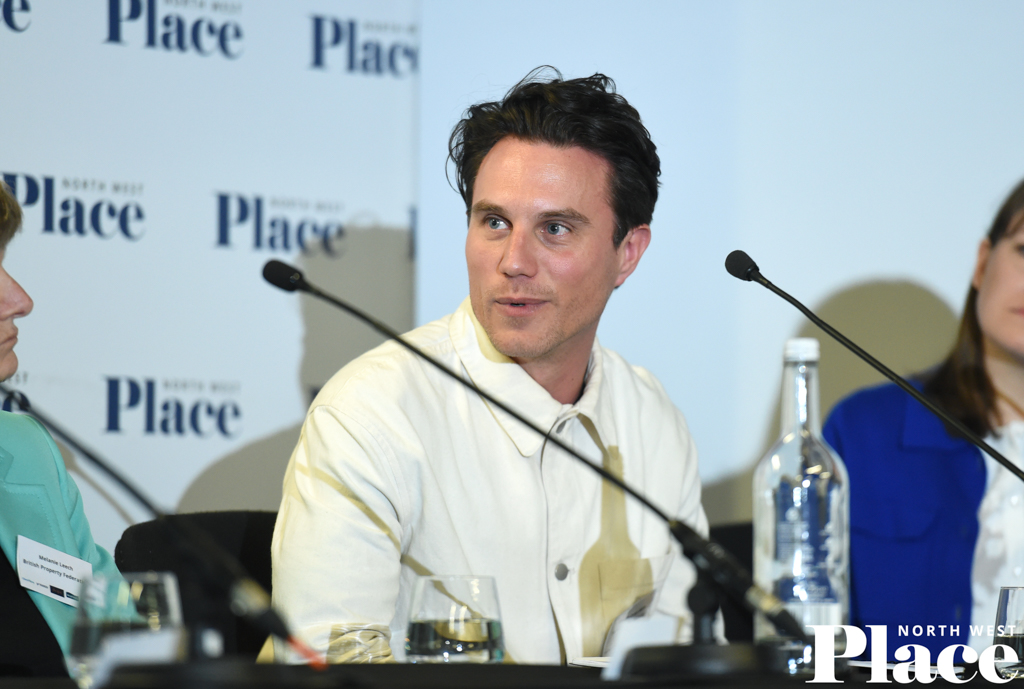
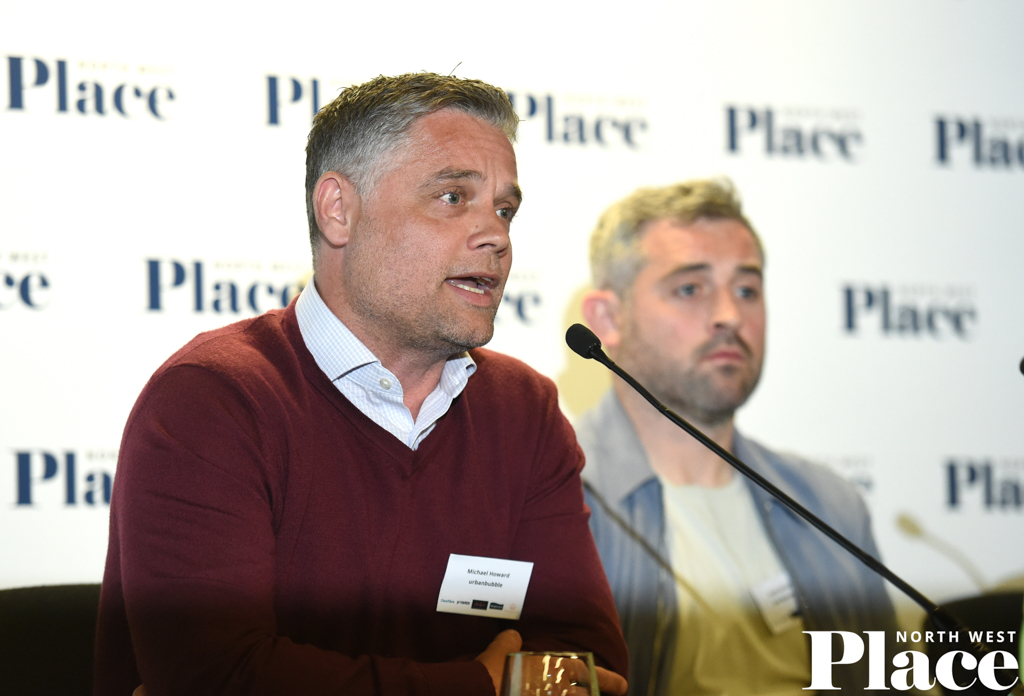
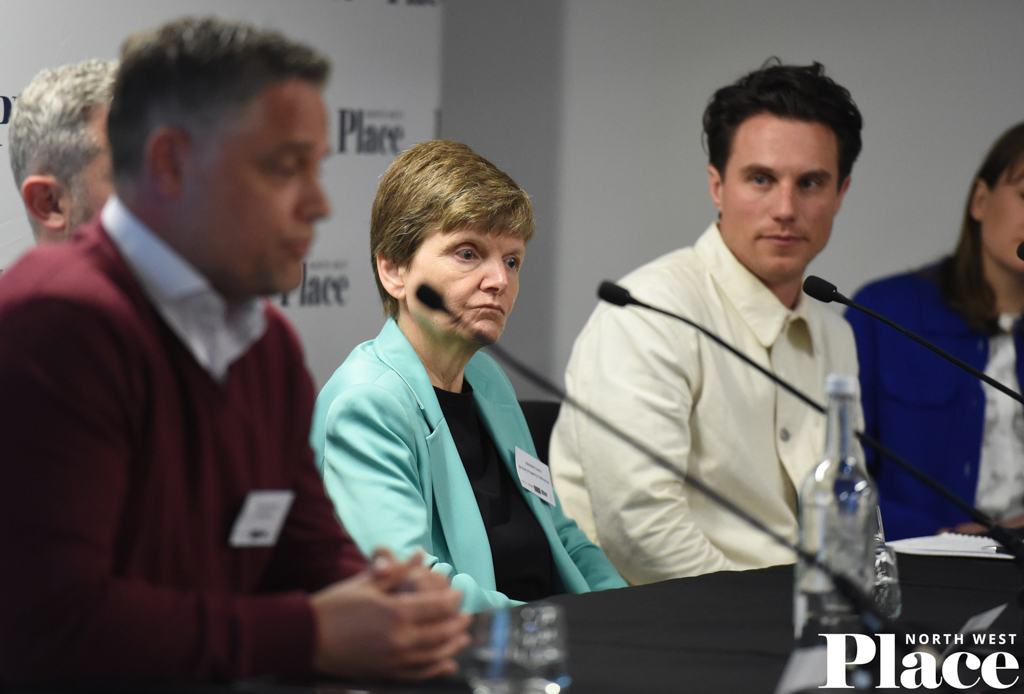
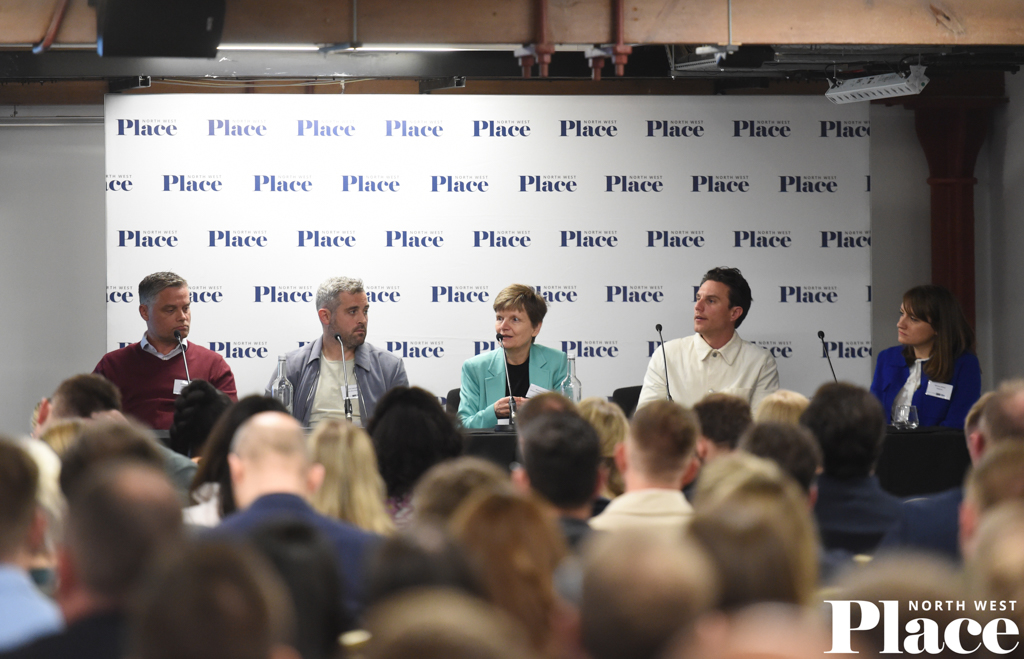
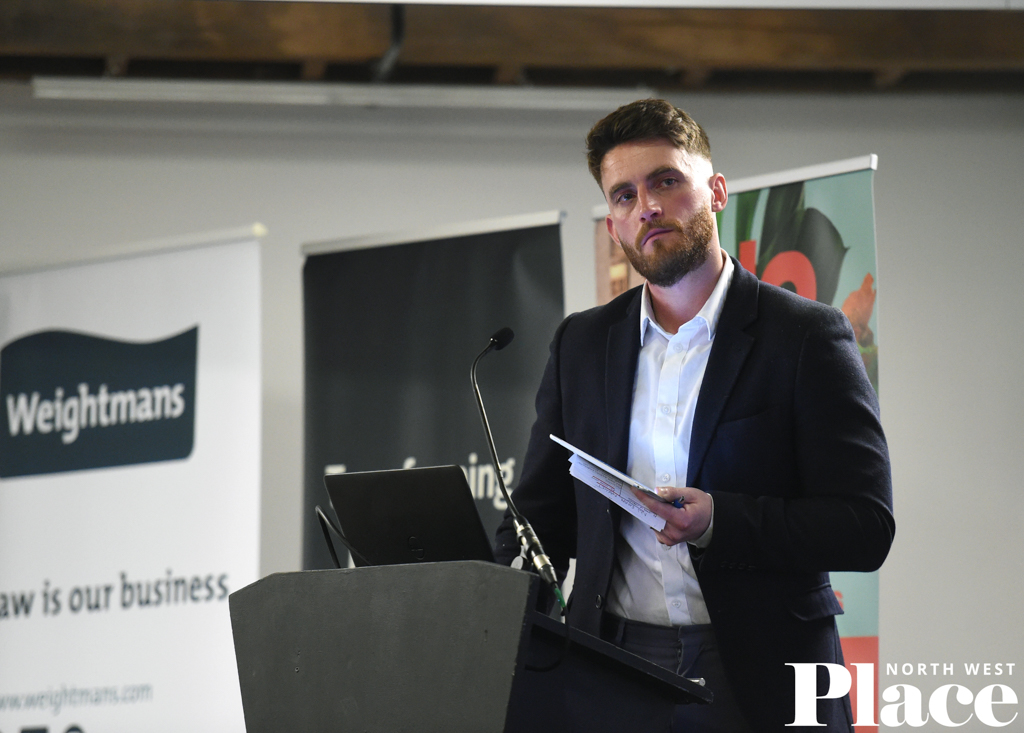

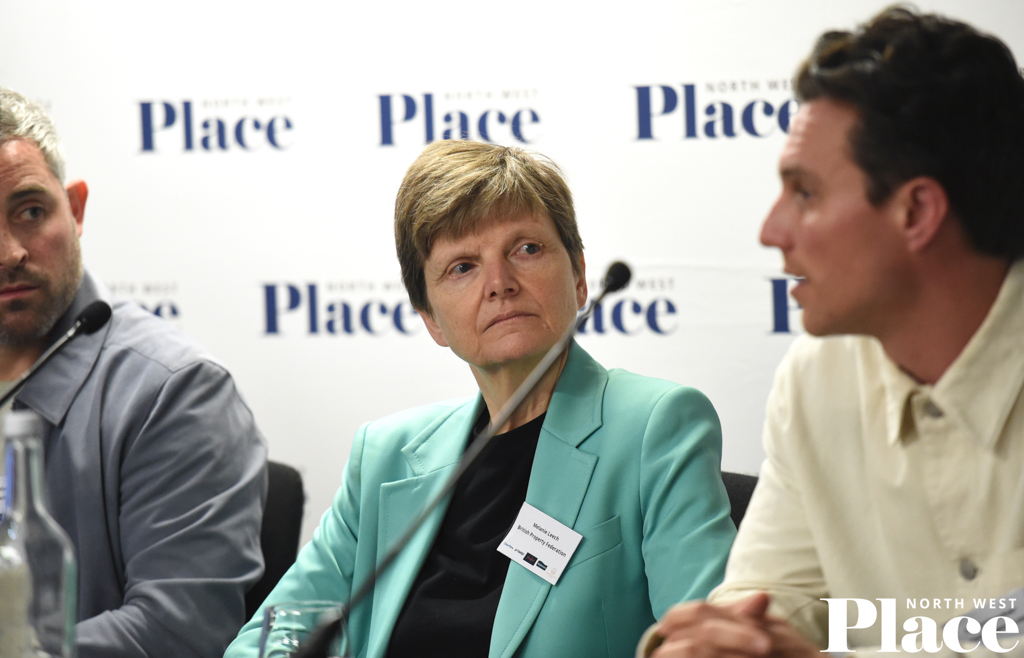

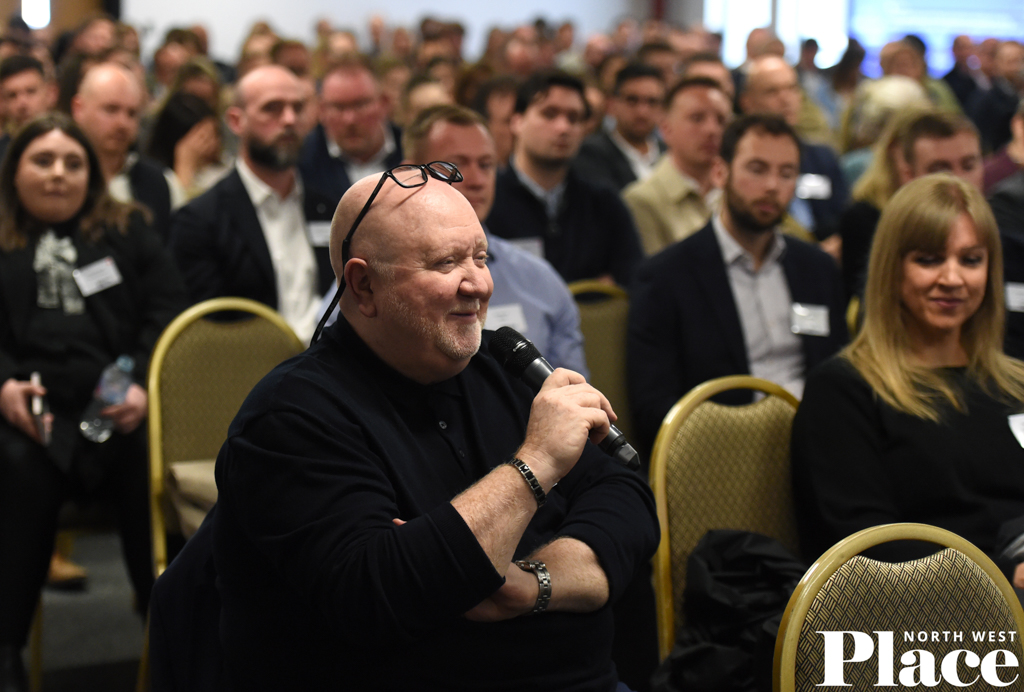











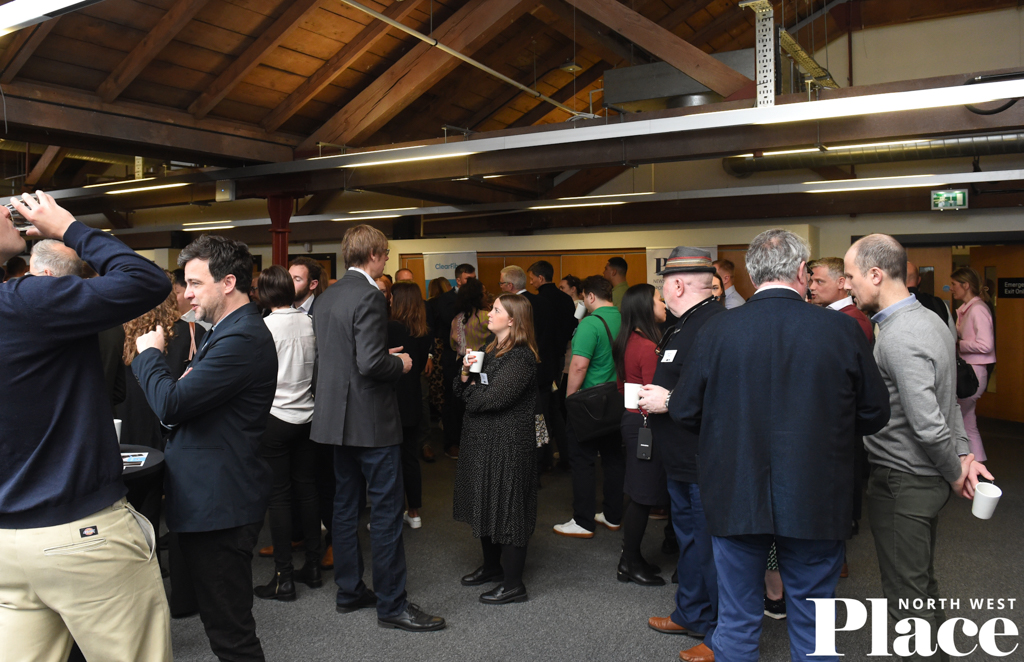

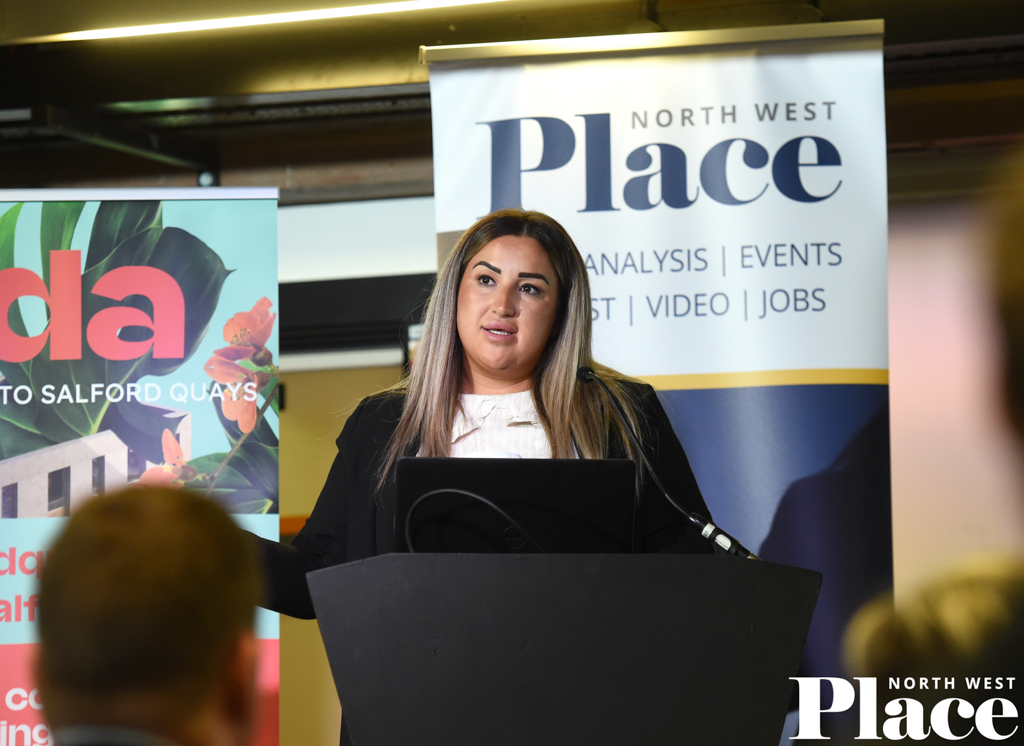


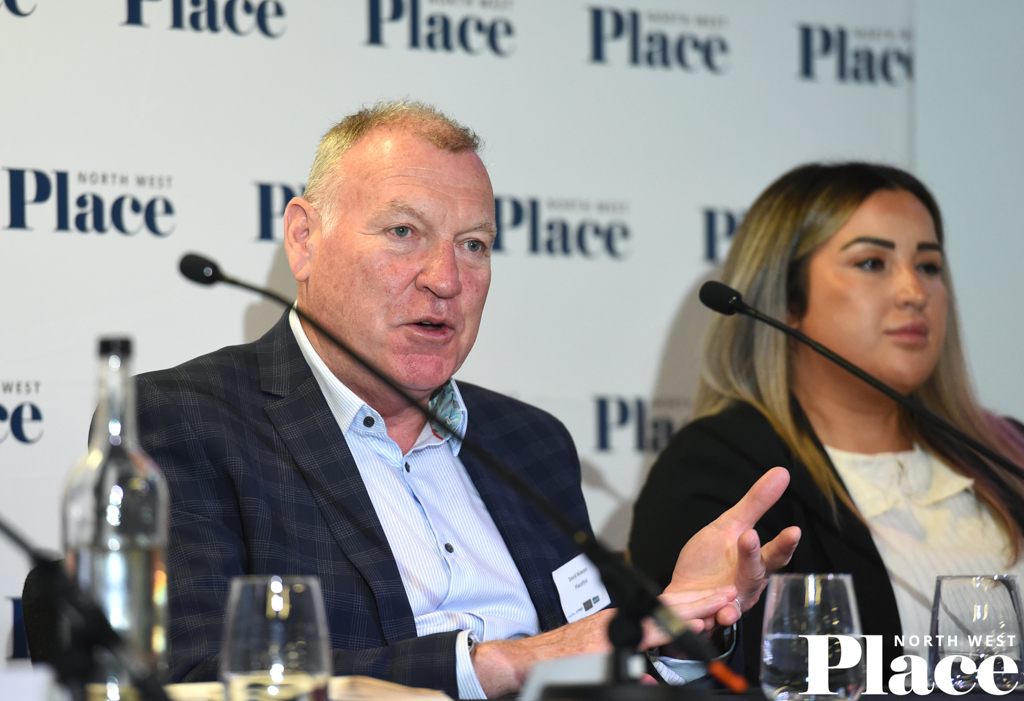
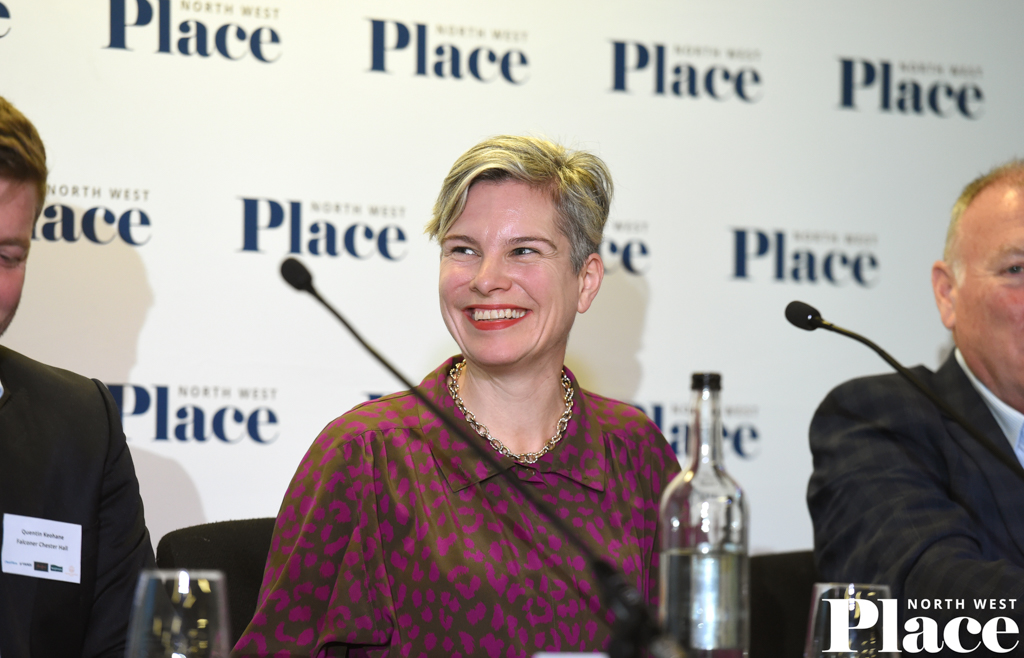

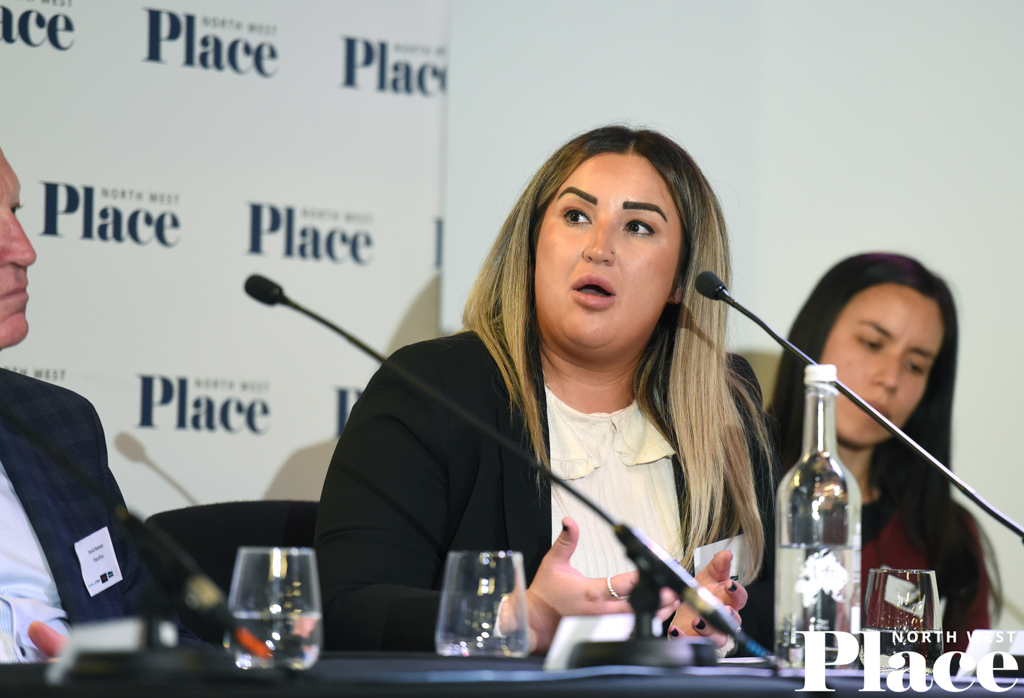
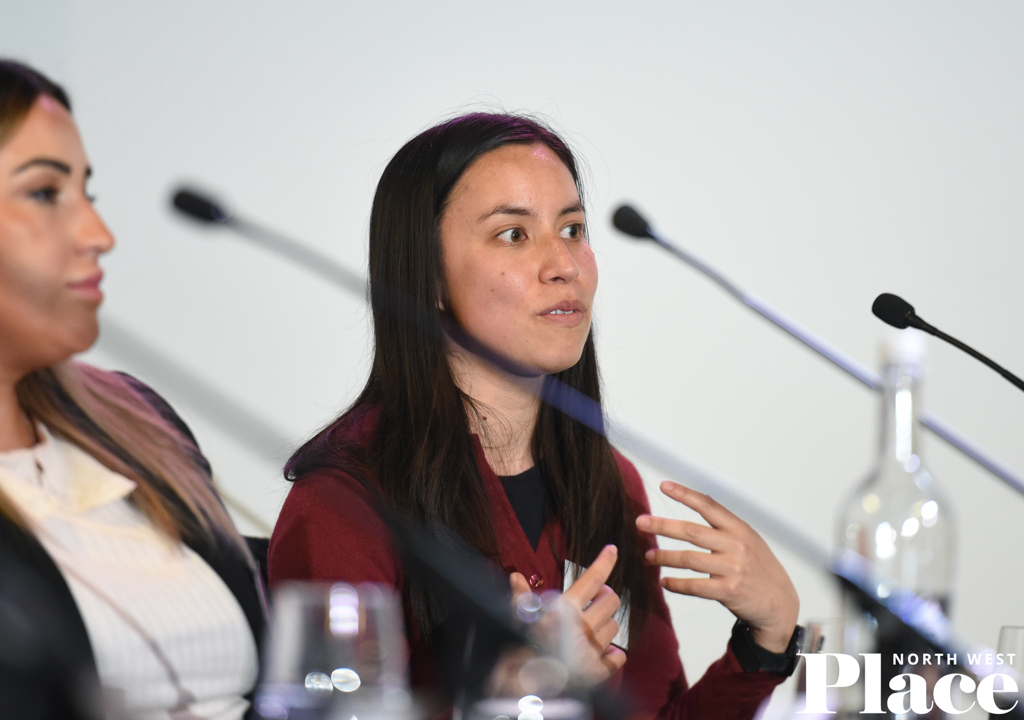
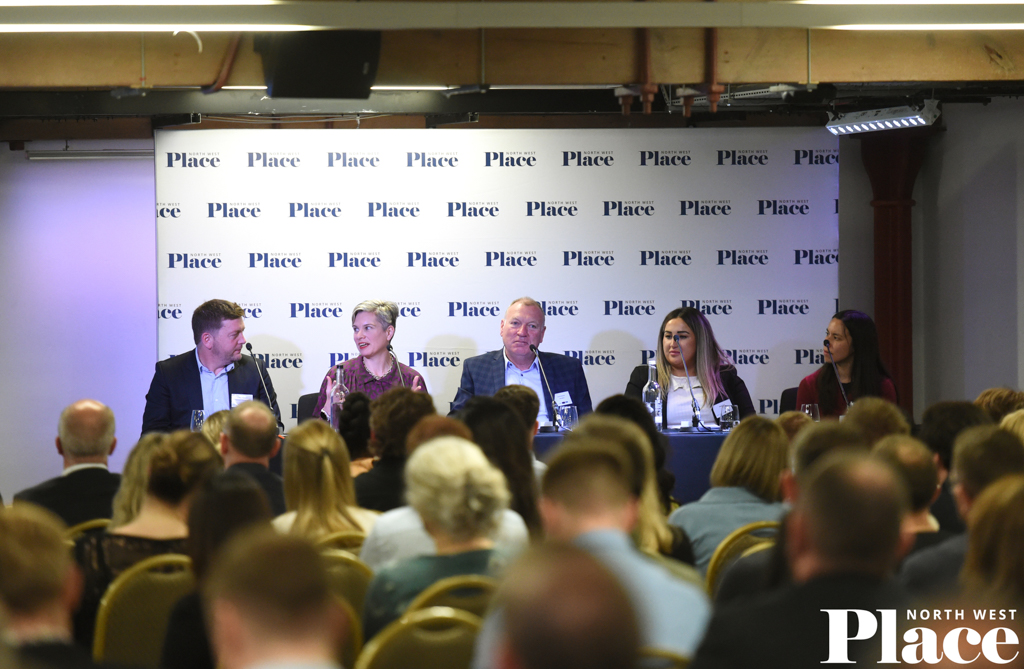
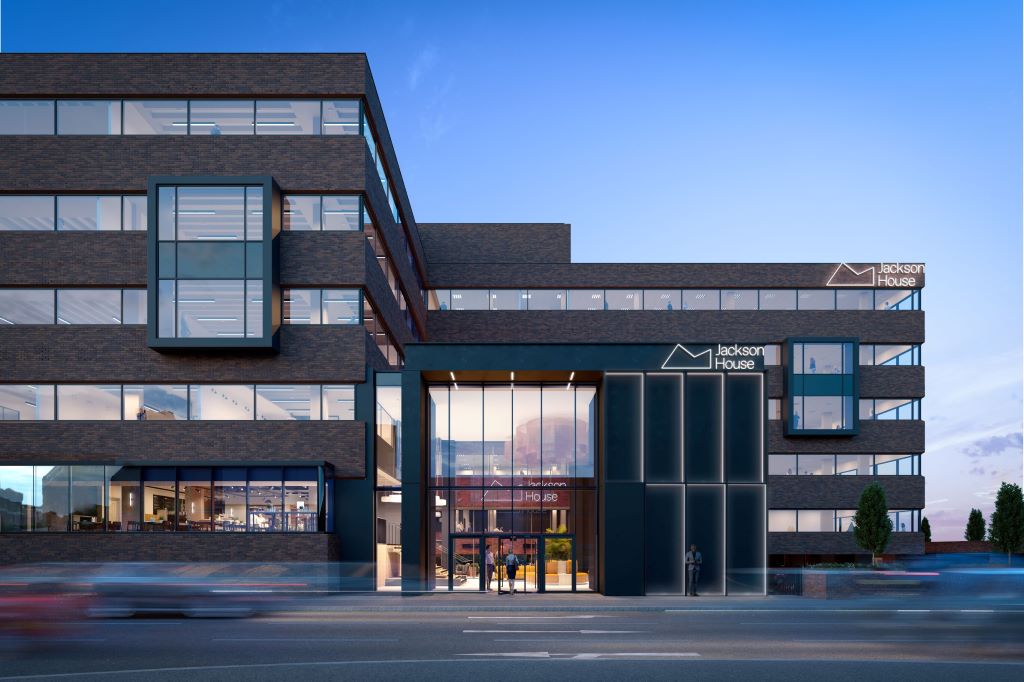
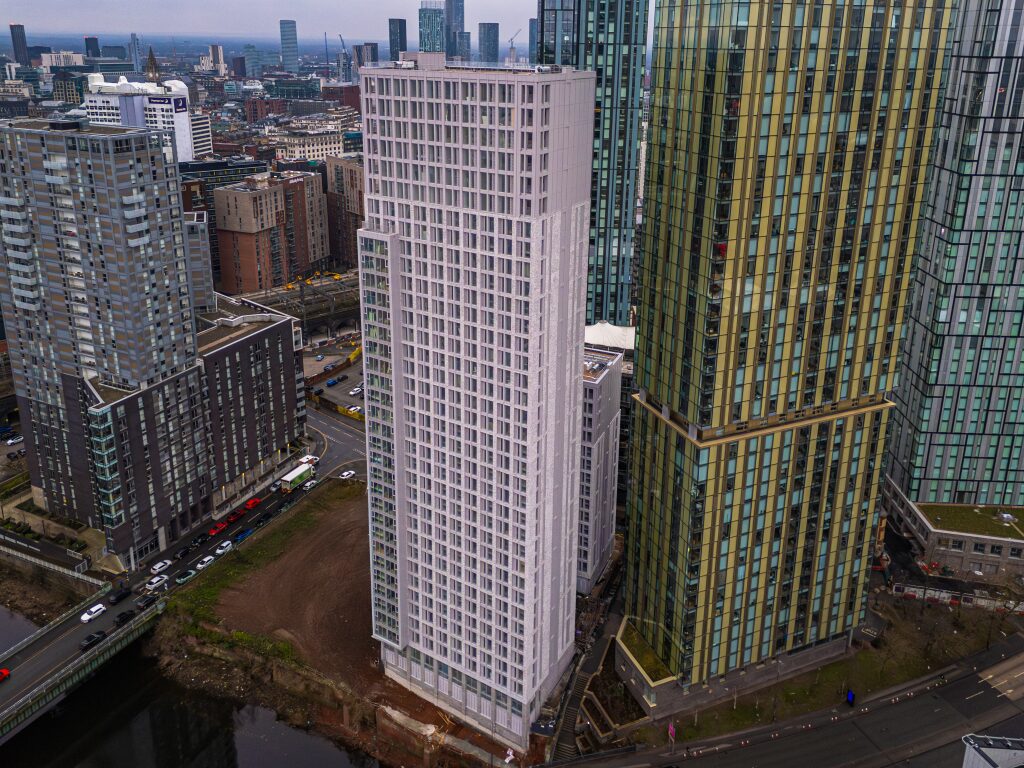
Looking forward to it. See you all there!
By Digbuth O'Hooligan